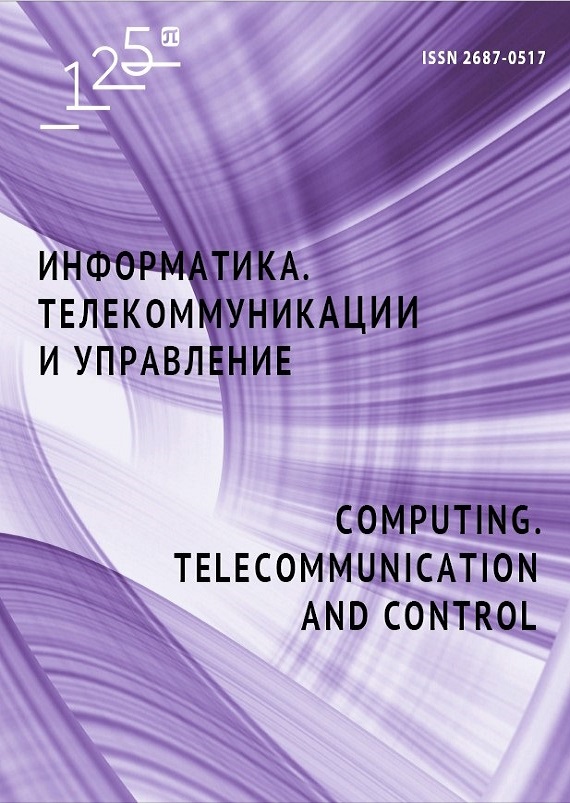Model of a supercomputer cluster in the form of a queueing system with a random limit on the execution time of applied tasks
It is well known that the efficiency of task dispatching in any supercomputer system is determined, first of all, by the adequacy of the system model used, as well as the accuracy of the estimation of the parameters of the model itself. The article proposes a new version of the supercomputer cluster model, based on a standard model of the M/M/∞ class queueing system, which is supplemented with two fundamental clarifications that reflect the features of the supercomputer operation. First, the processing time of each task is limited by the dispatcher using a random variable distributed according to the exponential law. Second, it is considered that each new task requires the allocation of a random number of service channels (processors) for its execution. The parameters of the proposed queueing model are estimated based on statistical processing of data obtained during calculations previously performed on a supercomputer. A number of examples of using the developed model are given. To calculate the parameters of the queueing system, it is proposed to use the method of generating functions.


